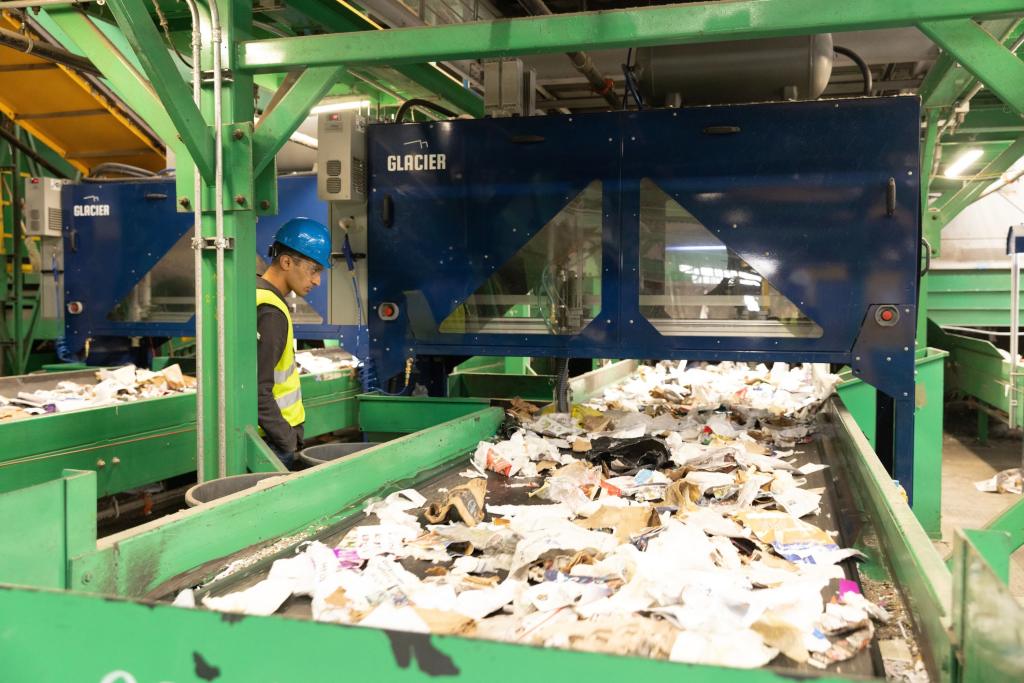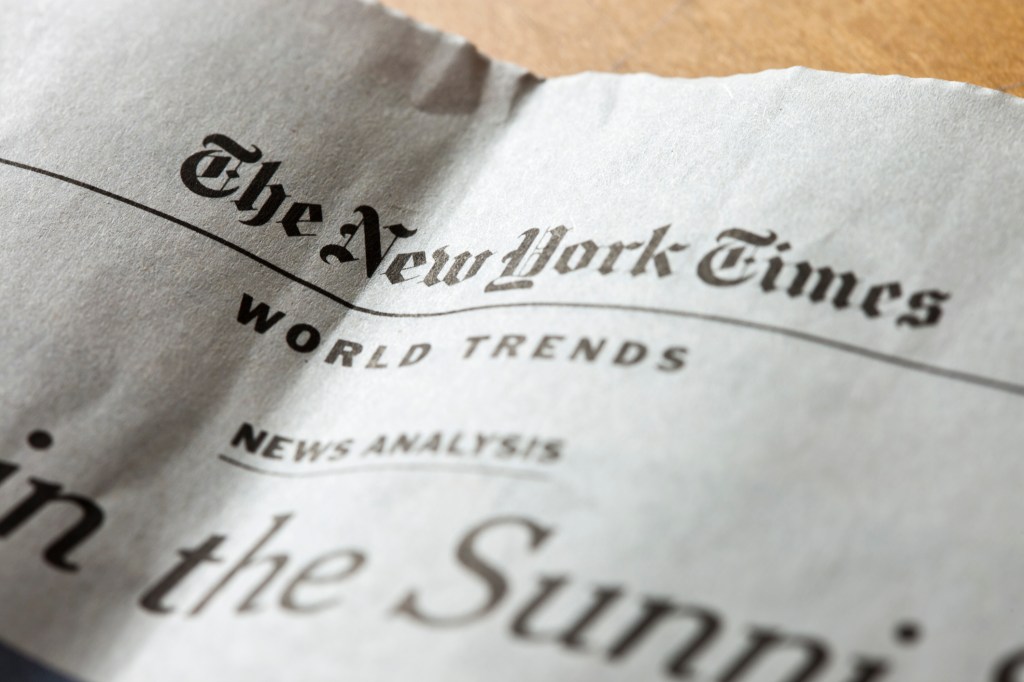In a significant move to address the escalating global waste crisis, Glacier, a San Francisco-based startup specializing in artificial intelligence (AI) and robotics for recycling, has secured $16 million in Series A funding. This investment aims to enhance the deployment of Glacier’s cost-effective robotic arms, which utilize advanced computer vision to identify and sort over 30 different types of recyclable materials.
The Growing Waste Challenge
The world is grappling with an ever-increasing waste problem. Projections indicate that by 2050, the volume of waste generated globally could nearly double, reaching approximately 3.8 billion metric tons. While reducing consumption is a critical strategy, the reality is that global consumption patterns are not diminishing. Consequently, improving recycling processes becomes imperative. However, traditional recycling methods face challenges such as contamination from improperly sorted materials, leading to increased operational costs and inefficiencies.
Glacier’s Innovative Solution
Founded in 2019 by Rebecca Hu and Areeb Malik, Glacier has developed AI-powered robotic systems designed to automate the sorting of recyclables. These robots are capable of identifying a wide array of materials, from common items like plastic bottles and aluminum cans to more challenging objects such as toothpaste tubes and cat food cans. The technology not only enhances sorting accuracy but also collects real-time data on recycling streams, providing valuable insights for recycling facilities and consumer brands.
Glacier’s robots are engineered for ease of deployment. They occupy the same footprint as a human sorter and can be installed without causing facility downtime or requiring heavy machinery. This design ensures that materials recovery facilities (MRFs) can integrate the technology seamlessly, achieving a return on investment in less than a year.
Addressing Labor Shortages in Recycling Facilities
MRFs are currently facing significant labor shortages, with high turnover rates making it challenging to maintain efficient operations. The physically demanding and often undesirable nature of manual sorting jobs contributes to this issue. Glacier’s robotic systems offer a viable solution by automating the sorting process, thereby reducing reliance on human labor and improving overall efficiency.
Strategic Investment and Expansion
The recent $16 million funding round was led by Ecosystem Integrity Fund, with participation from notable investors including AlleyCorp, Alumni Ventures, Amazon Climate Pledge Fund, Cox Exponential, Elysium, New Enterprise Associates, One Small Planet, Overlap Holdings, Overture, VSC Ventures, and Working Capital Fund. This investment will enable Glacier to expand its robot fleet to additional municipalities, building upon its existing deployments in cities such as San Francisco, Los Angeles, Chicago, Detroit, Phoenix, and Seattle.
Collaboration with Amazon
Amazon’s involvement through its Climate Pledge Fund underscores the tech giant’s commitment to sustainability and innovation in waste management. The collaboration between Amazon and Glacier includes a pilot project aimed at testing AI and robotics-based recycling technologies to identify and aggregate novel packaging materials for recycling and repurposing. This initiative aligns with Amazon’s broader goals of reducing landfill waste and increasing the use of recycled materials in packaging.
Empowering Recycling Facilities with Data
Beyond physical sorting, Glacier offers a data product that provides MRFs, consumer product companies, and government agencies with insights into waste streams. This data can help MRFs identify where valuable materials are being lost to landfills, assist companies in auditing the recyclability of their packaging, and support regulators in assessing the effectiveness of recycling programs.
Future Outlook
With the infusion of new funding, Glacier plans to expand its team and enhance its technology to sort a broader range of materials with higher efficiency. The company is also exploring additional applications for its AI and robotics systems, aiming to further revolutionize the recycling industry and contribute to a more sustainable future.



